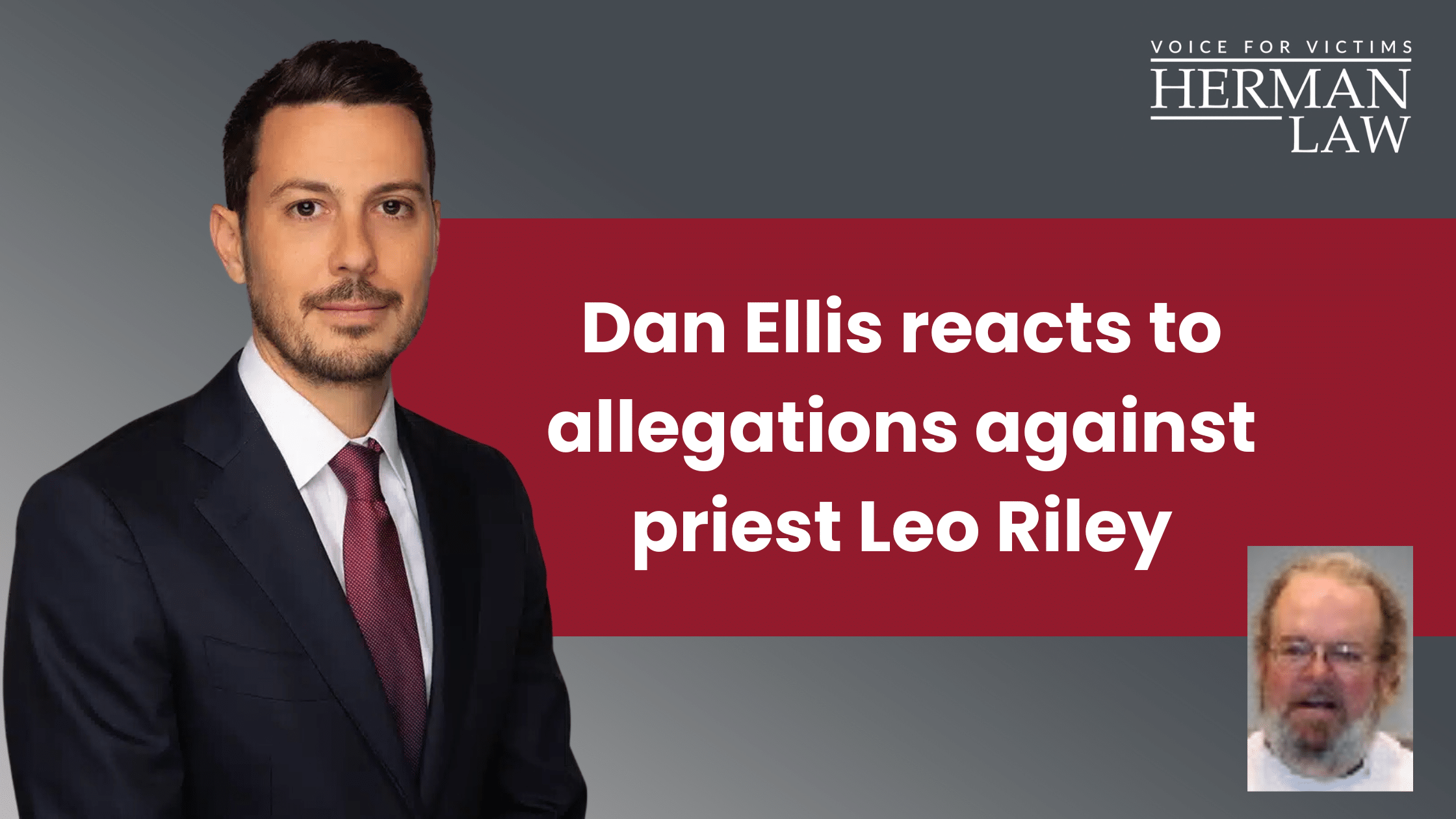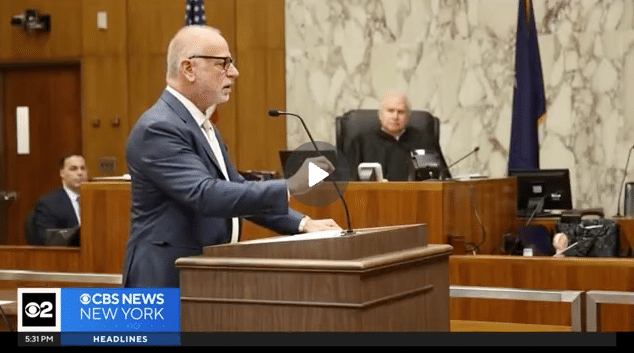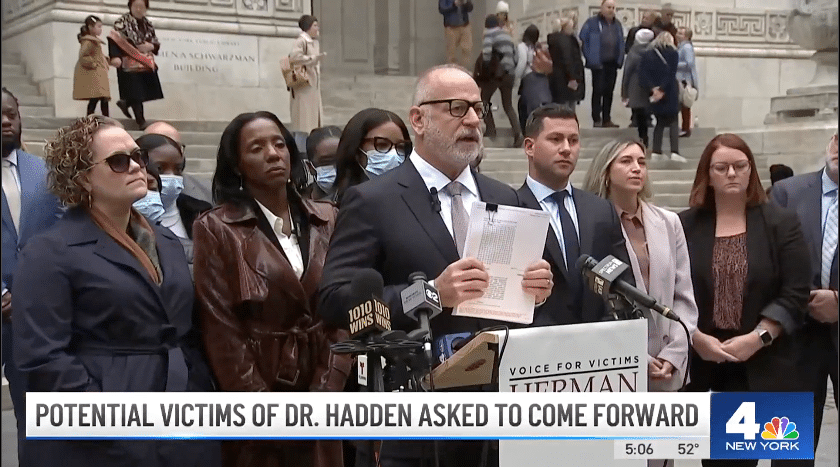There won’t be any limits for the prosecution of sex crimes against children.
Washington Gov. Jay Inslee (D) signed into law on Friday an extension of the statute of limitations for some cases of sexual assault and removes the statute of limitation for serious sex crimes against children.
Without this law, it would have been more difficult to prosecute some serious sex crimes against children after the victim’s 30th birthday, according to KOMO News, and adult victims under the crime of third degree rape would have to remain under the statute of limitations of three years, regardless of when they report the crime. Under this new law, for adult victims, the statute of limitations could go up to 20 years, depending on what the charge is.
The House overwhelmingly approved the bill. It voted 94-1 on Wednesday. State senator Manka Dhingra (D) said that the statute of limitations needed to be changed to acknowledge how hard it is for survivors of sexual violence to come forward.
“This is why this bill is so important because it really lines up what we know about trauma with our current system,” she told KIRO7.
The legislation also changed some language on consent so that active resistance would be removed from the definition of third-degree rape, and instead will define it as sex without consent.
Other states have recently moved forward with similar legislation extending the statute of limitations, for both civil and criminal cases in the past year. In March, New Jersey lawmakers proposed legislation that would allow victims of childhood sexual abuse file civil suits until age 55. Victims who weren’t allowed to sue because of the statute of limitations would be able to sue even if they are older than 55, under a two-year window. The bill passed both houses. Gov. Phil Murphy (D) has said he supports extending the statute of limitations but he has not signed the bill yet.
Last December, California passed a law that would extend the statute of limitations for sexual assault from two to 10 years so that more survivors could file a civil action against their attackers. In 2017, California got rid of the statutes of limitations for almost all felony level sex offenses. For victims who want to pursue civil suits over a criminal trial, there is a lower bar for proving the defendant’s guilt and the process allows survivors to have more power in deciding how to proceed with the case.
Few states have absolutely no statute of limitations for any felony sex crimes. Only North Carolina, South Carolina, Kentucky, Maryland, Virginia, West Virginia, and Wyoming have no statute of limitations for any felony sex crimes, according to the Rape, Abuse & Incest National Network (RAINN).
In the case of childhood sexual abuse, since 2002, at least 29 states have at least changed prosecution deadlines to allow victims to consider criminal cases later in life, according to the New York Times. Among those 29 states, 15 of those states do not have a statute of limitations for prosecuting felony sexual assault of a minor. The New York state legislature passed a bill in January, The Child Victims Act, which allows victims of childhood sexual abuse to pursue prosecution against an abuser until they are 55 in civil cases instead of the current cutoff at 23 years old. Victims can also seek prosecution for criminal cases until age 28. The governor signed the bill into law in February.
Gov. Andrew Cuomo (D-NY) said the Catholic Church’s influence hurt previous efforts to pass bills extending the statute of limitations on prosecution of these crimes. “I believe it was the conservatives in the Senate who were threatened by the Catholic Church,” Cuomo said in a January press conference.
New York’s Catholic Conference previously opposed the legislation until lawmakers amended it to include prosecution of both private and publication institutions, according to CNN.
“Leaving victims, at any age, without realistic recourse to seek justice and find healing is devastating to survivors,” said nationally recognized sex abuse attorney Jeff Herman. For more than a decade, Jeff Herman along with child sexual abuse survivors and advocates have been fighting against powerful institutions like the Catholic Church and others to amend child abuse statute of limitations.
With the recent historic passage of the New York Child Victims Act, survivors of abuse in New York who have suffered in silence for decades, have a limited one-year window to bring a claim, seek justice and be compensated for their pain. “I look forward to working on behalf of the thousands of survivors in the state who now have been given a voice,” said Jeff.



